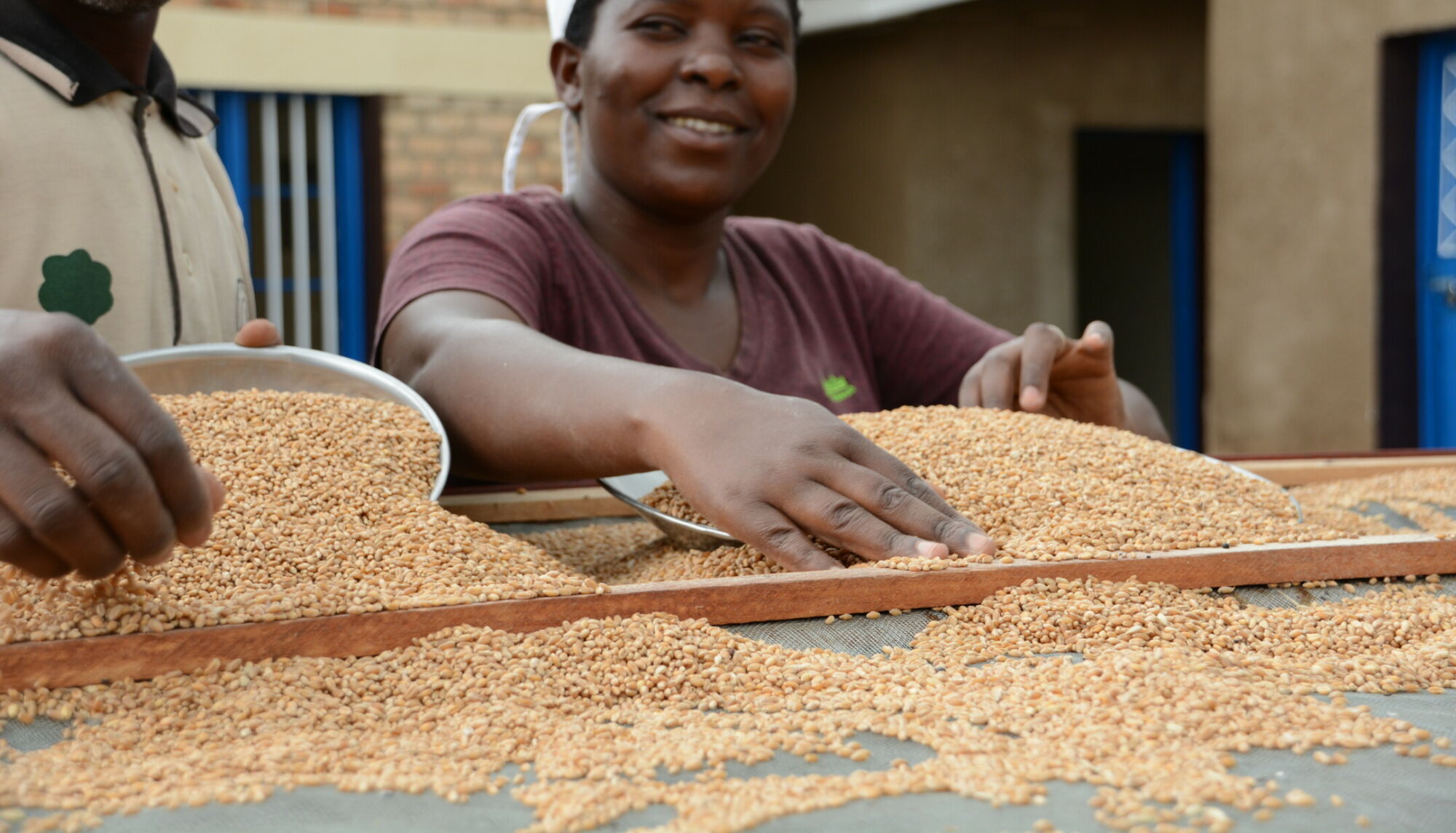Vi Agroforestry through the joint strategy with We Effect 2020-2021 recognises that smallholder farmer families are increasingly challenged by effects of pandemics such as Covid 19, climate change, and socio-economic factors that limit their potential in food production. Hence the Vi Agroforestry resolve to work with and advance the Right to food in all its form. To be able to advocate for this, the organisation is working with food and nutrition as a thematic area.
According to the FAO, food security and right to food implies that all people (men, women, children) alone or in community with others, always has the physical and economic access to adequate food or means for its procurement. Vi Agroforestry promotes right to food, diversified livelihoods and inclusion of women, youth, and children in the sustainable agricultural development process among communities to lessen inequalities and vulnerabilities. SALM techniques helps to achieve food availability whereby application of techniques such as soil and water conservation, sustainable agronomic practices such as mulching, use of drought and disease resistant crop varieties, composting etc., help the farmers to increase food production.
The food access pilar is achieved by the promotion of value chain development, income generating activities and village savings and loans systems which means that the smallholder farmer families can have income to purchase and supplement for whatever nutritional food item they could be missing in their diet. Food adequacy is also achieved through SALM practices for instance smallholder farmers are encouraged to diversify their on-farm production (plant variety of crops and trees including fruit trees, stock a variety of livestock types and breeds etc.) to ensure that they are well prepared for any shock especially where a certain climatic event may hit a certain line of crop or animal, the farmer has a fallback on the other- giving a sense of insurance. Post-harvest management and handling are also very important technique that helps farmers to preserve their food for long ensuring food adequacy.
Agroecology approach is applied in our work. It is an approach combines agronomy, agriculture, ecology, economics, social sciences, and indigenous knowledge and integrates practices such as organic and sustainable farming practices for improved production. Agroecology supports a holistic working process and integrates several principles that seek to address real issues and offer real solutions. Some of the practices advocated for include diversity in species and genetic resources for plants and animals as well as diversity in food consumption; resilience building both for smallholder farmer families and ecosystems; synergies by using SALM practices such as nutrient management to enhance biogeochemical cycles and greater ecosystem functioning ; resource use efficiency; core-creation of knowledge , respect for human value, dignity, cyclic economy and importance of food cultures and preferences.
